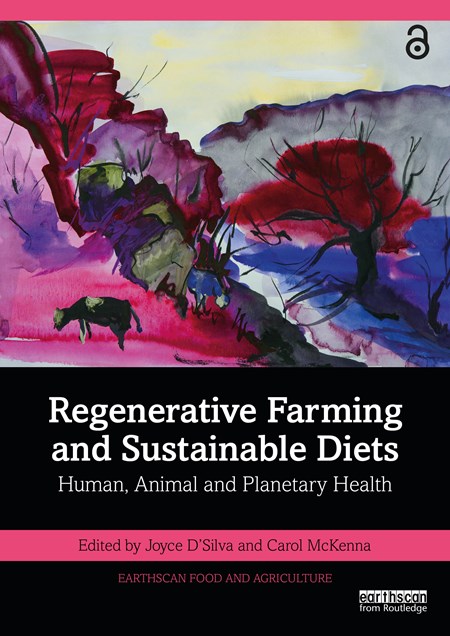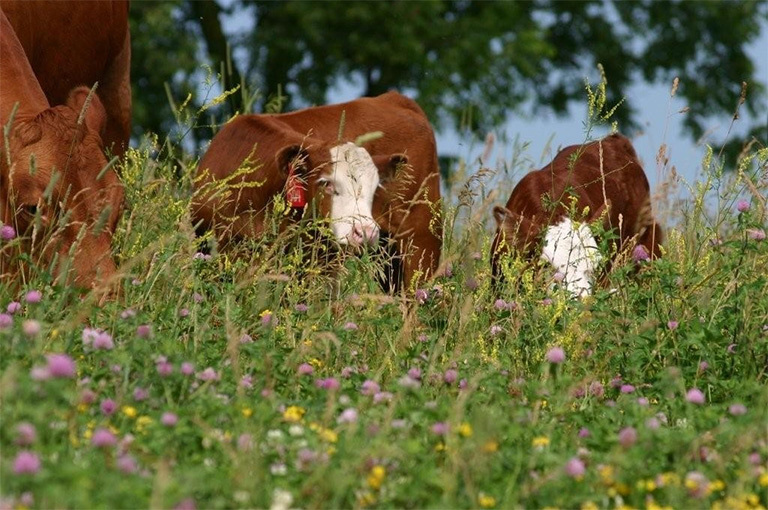By Joyce D'Silva, our Ambassador Emeritus and Carol McKenna, Special Advisor to our Global CEO
This article first appeared on PhilipLymbery.com
The Food Crisis
It’s a world of crises. Crises which are far more urgent and important than the latest political or fashion fad. There’s the global crisis in food security with over 2 billion people food insecure and nearly a billion going hungry every day, every night. There are the multiple health crises, with over 40% of the global population and around 20% of all children overweight or obese. There’s the crisis of antibiotic resistance, with a UK Government Review forecasting 10 million deaths a year globally from antibiotic resistance by 2050. Those wonder drugs have given us over 60 years of infection-killing; now they may become powerless to help us.
The Crisis Of Animal Suffering
As you know, more and more animals are being farmed in industrial factory farms globally. Well-meaning folk tell us farming must become more efficient, keep the animals indoors, restrict their movement, breed them for rapid growth. Have they forgotten that these self-same creatures are sentient beings with feelings, with capacity for pain and suffering? For these animals it’s misery every day, every night.
The Planetary Crisis
There’s the crisis for the Earth itself, with soils being degraded, waters being polluted, forests and savannahs being cut down for corn and soya – not to feed the hungry but to feed the pigs, the cattle and the chickens whom people still want to eat. We’re poisoning the Earth’s atmosphere, not just with fossil fuels to make our wheels go round, but with gases emitted by animals and by the chemicals and fertilisers we use to grow the crops to feed them.
A New Book Makes the Connections
It’s important that we all get to understand the links between these multiple crises. At last here is a new book that not only explains the connections, but makes the case for both a better way forward for farming and a healthier way forward for all of us. It’s a highly readable book that gives us hope for the future.
“Regenerative Farming and Sustainable Diets: Human, Animal and Planetary Health” (Routledge) brings together many of the world’s most respected experts to elucidate these crises and to urge us all to action.
The book’s contributor list reads like a who’s who of the world’s food system and farming experts: global soil supremo Rattan Lal, Chatham House expert Tim Benton, oceans and biodiversity leader Katherine Richardson, UN Rapporteur on extreme poverty and human rights Olivier De Schutter, ground-breaking agro-ecologist from Tanzania, Janet Maro, Government adviser Henry Dimbleby, dietary challenger Shireen Kassam and China’s sustainable food lead, Shenggen Fan. Plus of course, our very own Philip Lymbery, Global CEO of Compassion in World Farming, President of Eurogroup for Animals, and a founding Board member of the World Federation for Animals (WFA).

Farmers Of The Future
But the book isn’t just full of expert insights – several chapters share the stories of the farmers of the future, the regenerative farmers, who care for their soils, encourage biodiversity and treat their animals with care. They point the way forward for saving our soils, our waters and our forests.
Changing Our Diets
As many of our authors make clear, none of this will succeed without radical transformation of our diets. A few countries have adopted Dietary Guidelines calling for major cuts to consumption of meat and dairy products. It’s urgent that all countries copy their example. More and more research is showing the link between meat consumption and certain cancers, cardiovascular diseases – and diabetes too.
If we cut our consumption of these animal-sourced foods, we can grow more healthy foods for direct human consumption, we can ease the strain on the land, clean up our waters and reduce greenhouse gas emissions. We can improve our own health. We can reduce the numbers of animals factory farmed and shift to humane and regenerative food systems.
A Better Future For All
A brighter future IS possible. This book is a treasure trove of signposts guiding us towards it.
Editing the book has been hard work but joyful too. We would love you to share this book’s wisdom and inspiration – and you can! Although available in hardback and paperback (make sure your library has a copy), it’s also available free on Open Access.
Thank you for joining us on our journey to create a kinder, healthier world.
